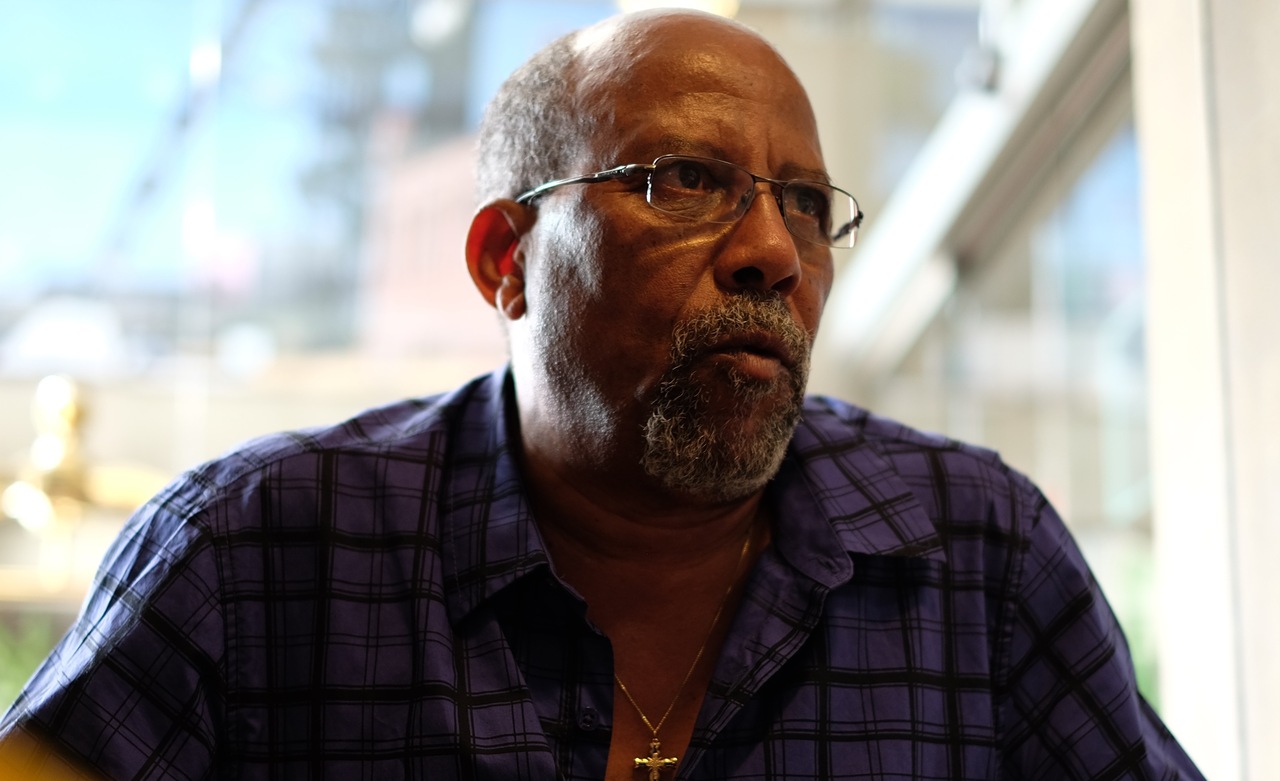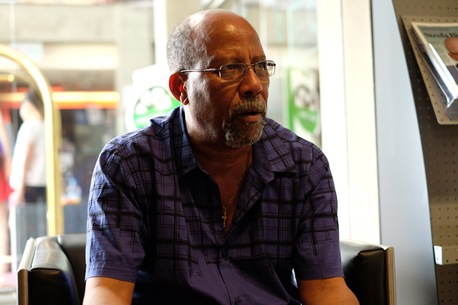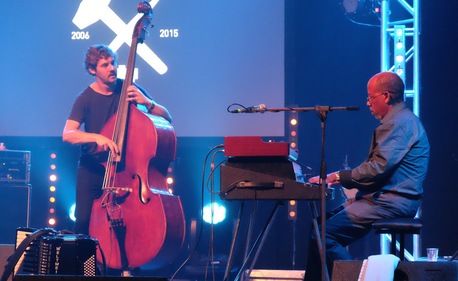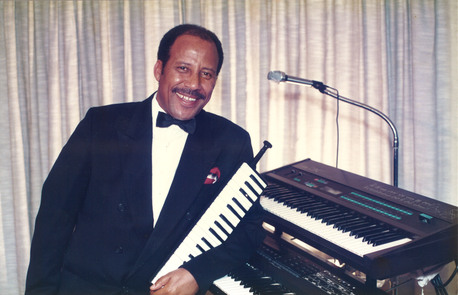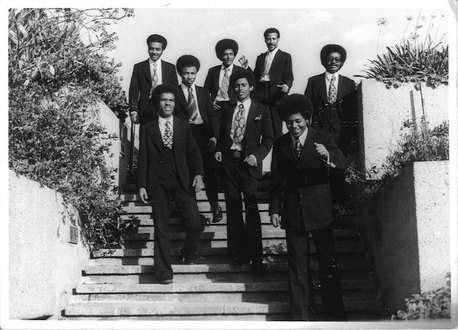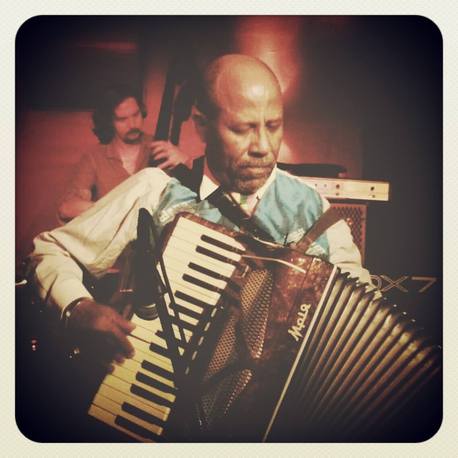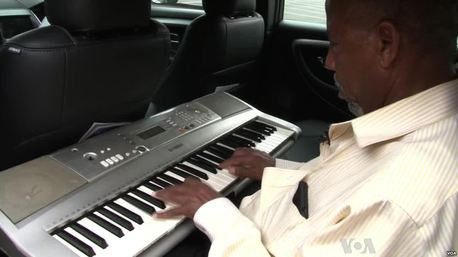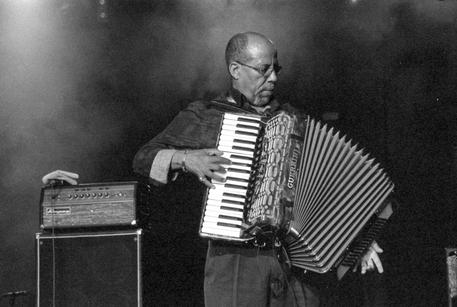Written by:
Edited by:
Share article:
An ideal band
At first I thought that was wrong, cause everybody would be tired after a crazy time and it was going to be a sleepwalk. What came next was the crazy time: everybody danced their brains out. The energy was overwhelming, and I wouldn’t think I’d come to say this, but after the third encore, on the way to the hotel, I didn’t feel the need for another drink, just sleep: I was at peace. So I had another beer to celebrate and went to bed… The next day I was going to meet the man.
Victor Stütz: How did you hook up with Tony and Mike?
Hailu Mergia: In 2013 my manager, Brian (Brian Shimkovitz - Awesome Tapes from Africa) contacted me and we had a discussion about a show, a tour. Then he contacted Christoph Linder (Planet Rock booking and promotion), but they knew each other, and then Christoph talked to the drummer, Tony Buck, and Tony brought Mike Majkowski, the bass player. That's how we started.
So did you know anything about them before?
HM: No. I was just told that they are good musicians, so I said OK. But, you know, at first, my plan was to form a band; a full band. But they said no, we can't bring over a full band because we don't know how it will work, you are a new guy...and all the other reasons, you know. So they said why not start with a trio and then if things are getting better we can go to the band. First we have to take the risk with the trio. And now after working, we just forgot the band now, and I love it and everybody loves it.
But the band will come sometime.
HM: Oh, yeah, we don't know. Could be.
Do you have any plans to hook up with some old Ethiopian musicians?
HM: I have one idea but we have to talk when the time comes, because maybe I can bring some musicians for a show or something, but to do it all the time… the trouble is that it's too expensive, so I can't tell you right now, but I have some ideas for the future.
